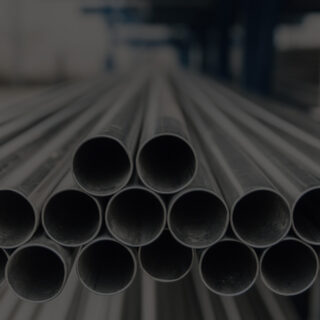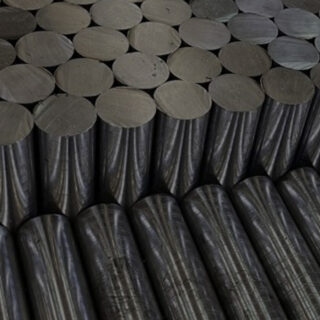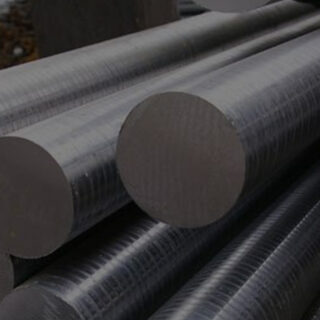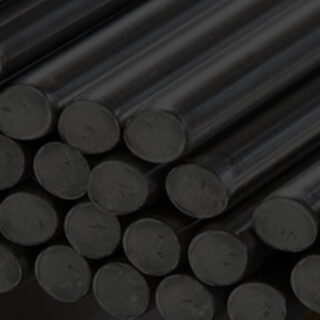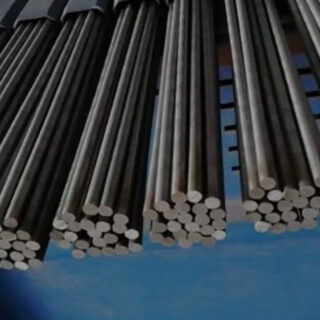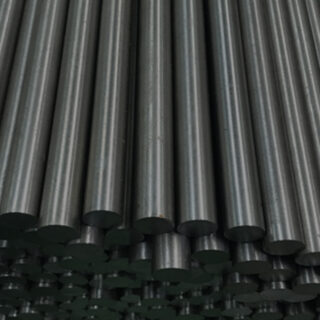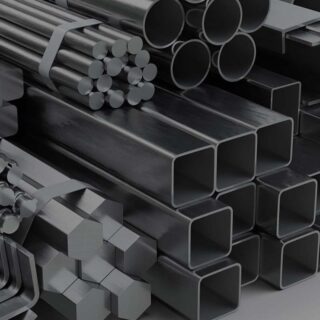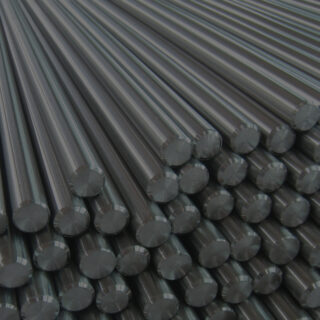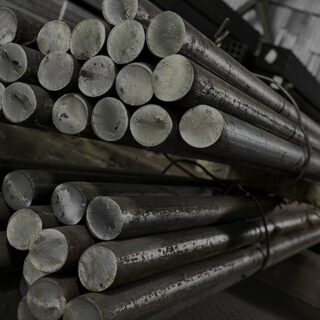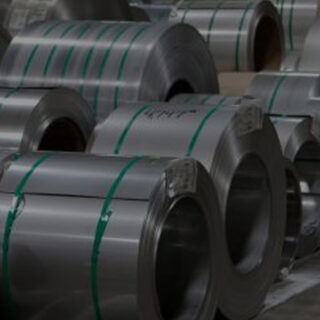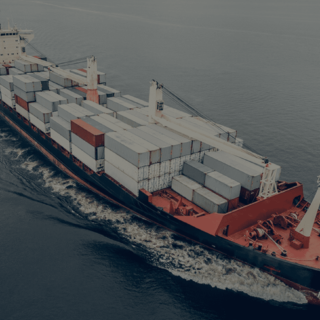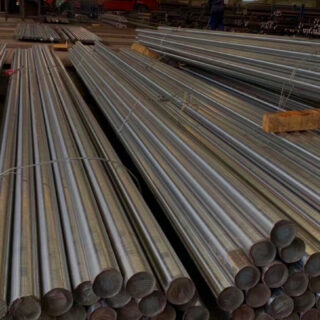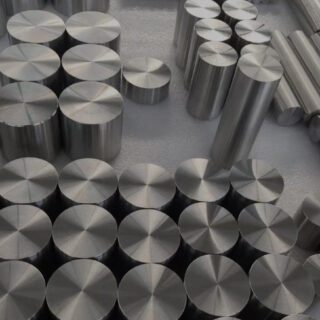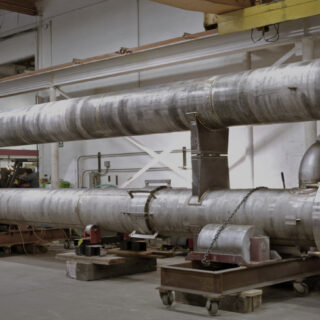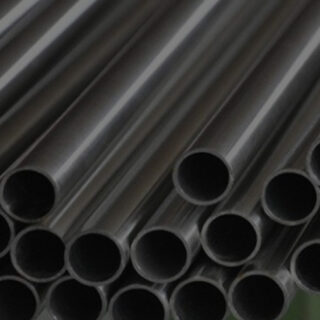
The naval and marine industries operate in some of the harshest environments on Earth. The constant exposure to saltwater, humidity, and extreme weather conditions demands materials that can withstand corrosion, fatigue, and wear. Stainless steel alloys have emerged as a cornerstone for these applications due to their exceptional durability and reliability
Why Stainless Steel for the Sea?
- Corrosion Resistance : The primary advantage of stainless steel is its ability to resist corrosion. This is especially crucial in marine environments where saltwater can quickly degrade other metals. The presence of chromium in stainless steel forms a protective oxide layer that prevents rust and deterioration.
- Strength and Durability : Stainless steel alloys exhibit high tensile strength, making them suitable for structural components in ships and offshore platforms. They can withstand heavy loads, vibrations, and impacts without compromising structural integrity.
- Hygiene and Cleanliness : Stainless steel is non-porous and easy to clean, making it ideal for applications where hygiene is a concern. This is important in areas like galleys, hospitals, and water treatment systems.
- Aesthetics : Stainless steel's sleek and modern appearance adds to the aesthetic appeal of vessels and structures. It's often used for railings, fixtures, and decorative elements
Common Stainless Steel Alloys in Naval & Marine Applications
- Austenitic Stainless Steels (300 Series) : This family of alloys, including 304 and 316, is widely used in marine environments. They offer excellent corrosion resistance, weldability, and formability. 316, with its added molybdenum, is particularly well-suited for saltwater exposure.
- Duplex Stainless Steels : These alloys combine the properties of austenitic and ferritic stainless steels, offering higher strength and improved resistance to stress corrosion cracking. They are used in critical components like propellers, shafts, and pressure vessels.
- Super Austenitic Stainless Steels : For extremely demanding environments, super austenitic steels like 254 SMO and 654 SMO provide exceptional resistance to pitting and crevice corrosion. They find applications in seawater pumps, valves, and heat exchangers
Key Applications in the Naval and Marine Sectors
- Shipbuilding : Stainless steel is extensively used in constructing a ship's hull, superstructures, piping systems, and tanks. Its strength and corrosion resistance are crucial in harsh marine environments. It's also used for deck equipment like railings and anchors due to its weather resistance.
- Offshore Platforms : Stainless steel is vital for constructing offshore platforms, including structural components, helipads, and living quarters. Its corrosion resistance and strength are essential for drilling equipment and pipelines used in oil and gas extraction.
- Yachts and Pleasure Craft : Stainless steel railings provide safety and enhance the aesthetics of yachts and boats. It's the preferred material for hardware and fittings due to its saltwater corrosion resistance. It's also used for interior and exterior decorative accents, adding a touch of luxury.
- Submarines : Specialized stainless steel alloys with exceptional strength and corrosion resistance are essential for submarines. These alloys are used to construct the pressure hull and various piping systems, ensuring reliability in the extreme conditions of underwater operations

Maintenance and Care
While stainless steel is inherently corrosion-resistant, proper maintenance is essential to maximize its lifespan in marine environments. Regular cleaning with fresh water and mild detergents can remove salt deposits and prevent staining. Periodic inspections and repairs of any scratches or damage are also crucial
The Future of Stainless Steel in the Maritime World
As the naval and marine industries continue to evolve, stainless steel alloys are poised to play an even greater role. Advancements in alloy development are leading to new materials with enhanced properties, such as improved corrosion resistance, higher strength-to-weight ratios, and greater sustainability
Conclusion
The durability and reliability of stainless steel alloys have made them indispensable in the naval and marine sectors. Their ability to withstand the harsh marine environment, combined with their versatility and aesthetic appeal, ensures that they will continue to be a vital material for building ships, platforms, and structures that conquer the seas
Contact us at sales@nufialloys.com today! Our experts will help you find the perfect Stainless Steel to achieve your Naval and Maritime project goals


